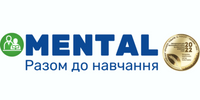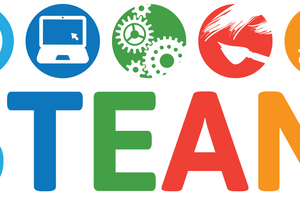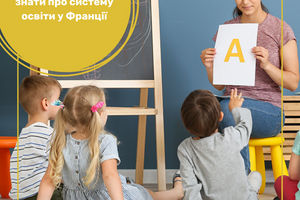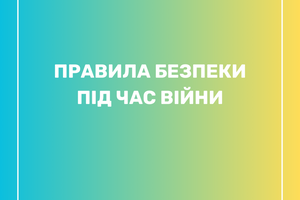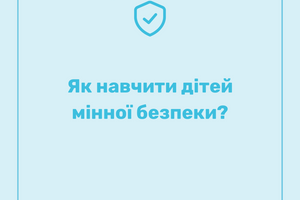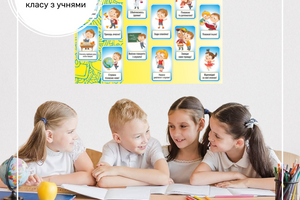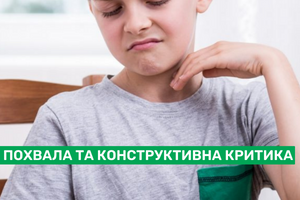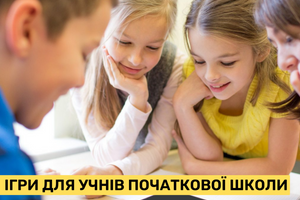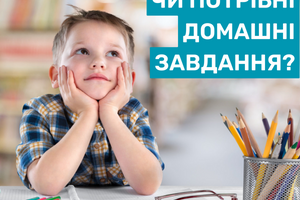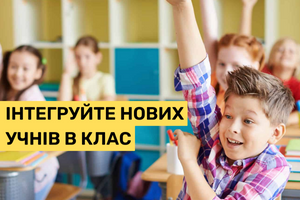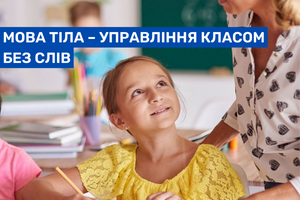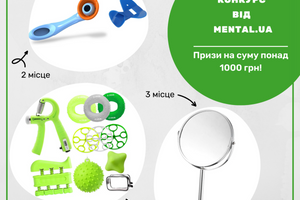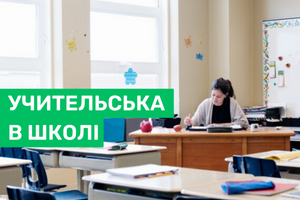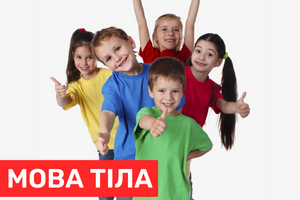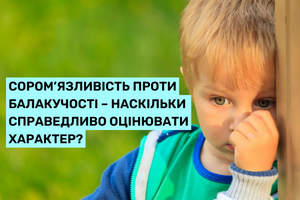You can find any information on the Internet, including the impossible - often to the detriment of truth and seriousness, because clicks, popularity and money are usually more important. And especially when you search for information on hot topics on the Internet, you will find many posts in which someone is simply expressing their unqualified opinion.

In this article, you'll learn how colorful the digital world can be and how you can help your kids keep perspective and use their own heads instead of blindly trusting their idols or dubious sources.
Our media world has changed a lot in recent decades. Especially young people no longer read daily newspapers and daily news is not part of daily ritual for most of them. Private broadcasters have long been more popular among children and young people than state broadcasters.
According to statistics, in 2019, a third of children aged 8-9 already had a smartphone. For children aged 10-11, it was three quarters. It is therefore clear that the Internet is the most important medium for elementary school students, including all of its social media platforms, communication services, and entertainment offerings.
If you want seriousness today, you have to do your research well
Seriousness doesn't always bring clicks, and quality research is no longer necessarily a top priority, even at dailies that used to be highly regarded. Much of the detailed content that is relevant to the public is outside the payment barriers, some headlines are purely click-baiting (known as clickbaiting) with sensationalist wording that has little or no relevance to the topic, and topics are increasingly skewed and more to current topics of trends that promise profit.
This is true of many newspapers and magazines: sensational headlines, celebrity news, and sometimes superficial, unreflective reporting are widely circulated.
A short reading time precedes (background) information
Today, on many pages you'll find the most important points summarized in bullet points below the article title, along with a reading time indication that's often only three to five minutes – even with complex topics. Perhaps readers' attention spans have shrunk over the years of digital rapid development, so a 15-minute read is so daunting that the lion's share of potential readers don't even want to read the article.
Fake news in social networks
While instant messaging service Telegram is used by government officials in other countries as a news channel, in Ukraine we primarily associate conspiracy theories with the messenger - from deniers of the fact that there is no blame to the citizens of the USSR. Instagram, Facebook, TikTok and Twitter have slightly more positive connotations. But in principle, none of these platforms is an authoritative source. All users can claim and share what they want there. And many take the words of an Instagram celebrity or their favorite YouTube blogger at face value, not realizing that it's always about marketing and monetization first and foremost.
Truth Social: Donald Trump's own social media app
Donald Trump as a negative example of fake news is unsurpassed. It now bypasses any blocking with its own social media app "Truth Social". The fact that in today's world you can't even believe the (former) president of the largest Western economic power doesn't make it any easier to find the truth in the digital jungle.
Censorship of TikTok by the Chinese government
By the way, TikTok as a Chinese platform is controlled by the Chinese government. If critical content is detected within the first few seconds, it will be censored immediately. Instead, every now and then an innocuous dance video goes viral in a matter of days and the artist doesn't know why. Sometimes TikTokers manage to bypass censorship for a short time. For example, in a makeup guide, instead of talking about their makeup, they talk about the Chinese government's crimes against humanity against the Uyghurs. You will search in vain on TikTok for objectivity, freedom of expression or even freedom of the press.
Bloggers as influencers
The more influencers and internet stars (allegedly) talk about themselves, the more viewers feel like they really know them, often even as friends.
This is marketing, not reality. Behind successful influencers is a professional team that leaves little to chance – from content to editing and advertising partners to legal matters. And many influencers can now be found in television formats outside of the Internet.
Unfortunately, research on this topic is sparse and often generalized. In the fast-growing industry of YouTubers and Instagrammers, some achieve rapid growth and others just as quickly disappear again – not least after mental breakdowns due to their presence in the media or after exposed scandals that destroy their authenticity.
Information plus entertainment for older people: Kapranov Brothers
Of course, not all influencers always talk nonsense or engage in mostly superficial things. There are some who do research and are well informed on current (political) events or lesser known topics. Of course, their fans outgrew elementary school age.
In the past, the Kapranov Brothers and their research team have produced amazing content that has even caught the attention of the government. Despite the associated sources, these contributions remain subjectively colored and are not the only applicable truth. No contribution, no matter how well prepared and professionally presented, can replace your own thinking and verification.
Of course, it is desirable that children and young people, through their idols, encounter important topics that they would not otherwise be interested in. But there is a great temptation to simply agree with the opinion of influencers, without giving a chance to the other side of the coin and without noticing the contradictions and manipulations.
Recognize serious reporting
There are several criteria that can be used to determine reliable sources, at least for adults. But at the latest, when there is state censorship or propaganda, a simple checklist no longer helps to determine the truth. Fortunately, these questions won't be relevant to your students for a few years, so here we'll focus on simpler strategies you can give your kids, such as in the context of a media or news project.
How do you recognize authoritative (Internet) sources?
Even for adults, it is not always obvious at first glance how authoritative an Internet source is, and often one does not want to take the trouble of always checking and questioning everything. Several criteria help to easily determine whether reports, especially news, are serious.
1. Text without errors
Spelling and typographical errors, slanted wording, or colloquial language are signs of questionable sources.
2. The article is written neutrally,
without slogans of hatred, without wordless theses, without an explicit opinion of the author, without influence on the reader, without one-sided coverage, without unlabeled advertising in the article - that is, without signs of the tabloid press.
Of course, the type of article is also important here: a mid-sized food manufacturer commissioning its own research from an independent institute or author of a polarizing commentary is usually more serious than a one-person company developing its own cancer drug. in the highest tones on your website.
3. Sources and information are subject to verification.
Are the mentioned sources reliable or is it just an unsubstantiated opinion of individuals? Are the studies meaningful or do e.g. only 10 people from a marginalized group of any kind participated?
If the article cites sources, it is easy to check. But you can also Google keynotes and buzzwords and evaluate the results – at least as a media-savvy adult. However, if search engines provide no follow-up or only conflicting references to the "facts" mentioned in the article, it is most likely not a reliable source.
Media educational projects for children
There are many media literacy materials for older children, but now there are interesting suggestions for younger ones as well. We present some ideas here.
And you might also want to experiment with the kids: just try a few search terms in different search engines, preferably without your class. You'll be amazed at how different the first results on DuckDuckGo are from the standard Google hits. Influence doesn't just start on social media platforms or from sources that are inherently questionable.
1. Multimedia online guide "MediaDriver"
MediaDriver is a resource that will help you navigate the reality created by media:
to understand how it arose, how it changed and according to which principles it operates today;
know what opportunities for self-development the Internet provides, how to use them without breaking the law, and how to protect your digital identity.
The world of media is changing, information circulates at a frantic pace. Therefore, the task that the authors of this online guide set for themselves is to teach you to soberly assess the surrounding reality so that you feel confident and safe in front of a computer monitor or a device screen.
How is this online guide built?
The training course is a quest. Each section is a separate location. To pass it, you need to "check" in all locations - that is, pass the test after reading the chapter, having received the appropriate marks. But before that, you should register on the site to get access to your personal account.
2. Media Detector website
The non-governmental organization "Detector Media" (until 2014 - the NGO "Telekritika") supports democratic values in the journalistic environment, advocates compliance with professional standards in the Ukrainian mass media and analyzes the quality of their content. This obliges employees of all editions and projects of the NGO "Detector Media" (hereinafter "DM") to particularly carefully adhere to the code of ethics and standards of the journalistic profession. The mission of "DM" is to promote the formation of democratic, free and professional media in Ukraine and the formation of a critical, thoughtful and knowledgeable media consumer. The "DM" team shares the principles and values laid down in the Code of Ethics of a Ukrainian Journalist, although it leaves to its employees the right to independently decide whether to sign this document and to discuss the content and specifics of its application.
3. Special search engines for children
So-called children's search engines offer children the opportunity to travel the Internet as safely as possible. They only allow access to registered websites, which are therefore classified as harmless. However, some have serious drawbacks, e.g. redirects to games or a large amount of advertising. However, the risk of coming across fake news or conspiracy theories through search engines is very low.
Conclusions and proposals
Of course, you don't have to spend your free time streaming on Twitch, YouTube channels, and posting on Instagram. However, it can be very exciting to observe what your children and the younger generation generally do in their free time. You might even want to take a closer look at one or two of your kids' favorite things in a series of lessons on confidence, self-expression, and marketing. For your children, it is not only exciting and cool, but also guaranteed to be educational.
And if you absolutely cannot bring yourself to do it, talk to your colleagues. Maybe someone will organize a small workshop, a project week or even a whole working group and together with the children will explore the passions and myths of influencers.
